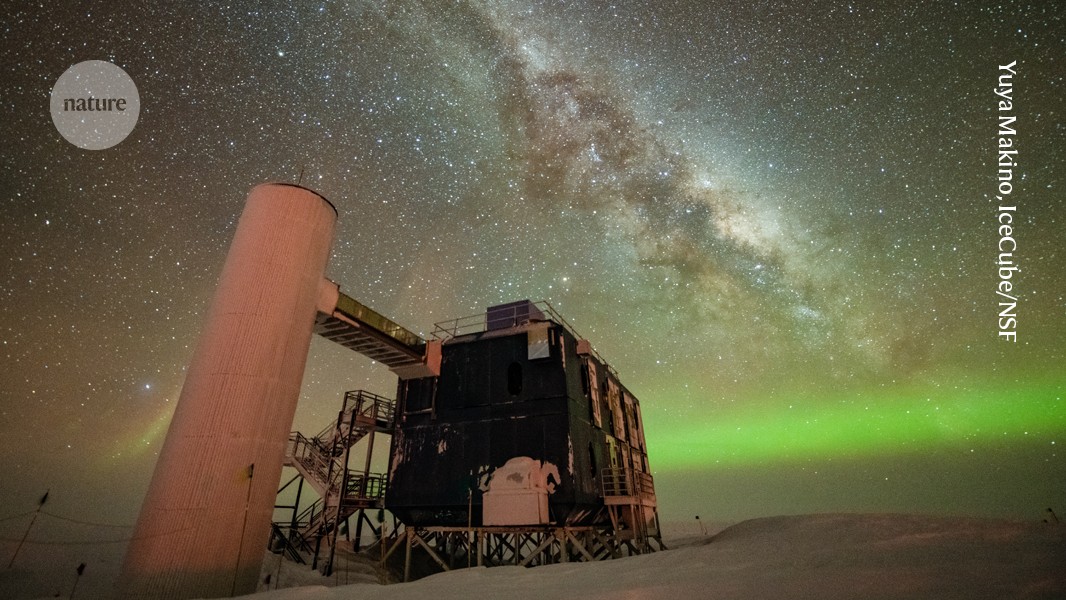#cosmic rays
#cosmic rays
[ follow ]
#cosmic-rays #aviation-safety #astrophysics #particle-physics #single-event-upset #bit-flip #solar-radiation
fromMail Online
2 weeks ago'Cosmic rays' zap JetBlue flight forcing emergency landing
Dyer told Space.com that solar radiation on the day of the flight was within normal levels and far too low to affect the aircraft. '[Cosmic rays] can interact with modern microelectronics and change the state of a circuit,' Dyer said. 'They can cause a simple bit flip, like a 0 to 1 or 1 to 0, messing up information and making things go wrong. 'They can even induce hardware failures when they generate a current in an electronic device and burn it out.'
Science
[ Load more ]


